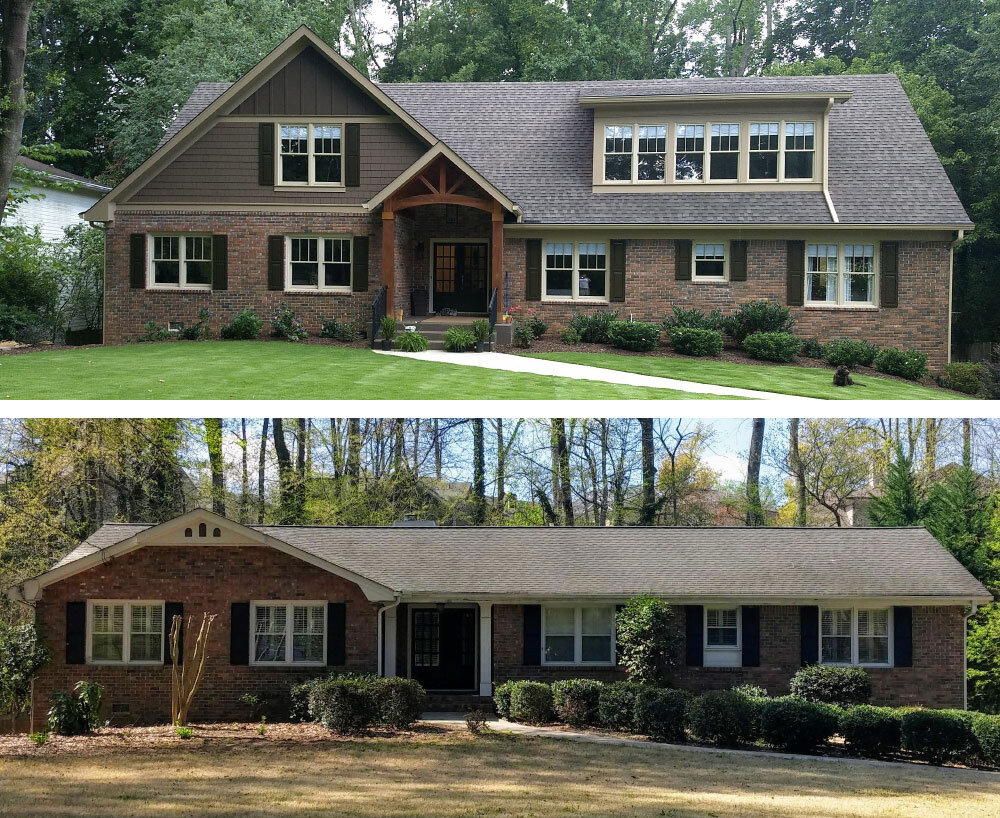Property flipping mistakes are all too common, but they don’t have to be.
The house flipping business has proven to be one of the most lucrative in the past years. According to Attomdata, the average profit nationwide was $65,000. With global demands rising, a new generation of educated and high potential middle classes coming up, and better financial innovations, flipping houses seems like a business that’s here to stay.
But just because the business is rising and people have made money on it doesn’t mean that any person who enters the market will be able to do so. Economic conditions, market trends, consumer preferences, and big-scale investors play a huge role in making a business profit or loss.
Usually, new entrants struggle at the start due to a lack of experience, but knowledge before experience can definitely help you mitigate your risks.
Here are five Mistakes you must avoid when you are flipping properties.

1. Lack of Financial Capital
Let’s face it. House flipping is an expensive business to even start with. The upfront cost of buying a home, renovations, agent commissions, and even the fuel costs all add up to a significant chunk of money. To top it all off, you never know how long the house will sit in your inventory before it sells.
Every new entrant must ensure they have at least 20% more than the total cost required to cover any unprecedented costs.
As a rule of thumb, never spend more than 70% of the price you can sell the house for. For example, if you think you can sell a house for $100k and the initial renovations and other costs add up to $10k, you shouldn’t spend more than $60k to purchase the house.
Also, if you are considering financing the home for flipping, make sure to account for all the interest that will be accrued.
2. Cutting Corners with Renovations

Doesn’t it seem tempting to hire someone who can renovate the place for you at three-quarters of the cost of a licensed professional? A small compromise on quality can get you a massive chunk of profits? Right? WRONG!
When someone has planned to invest so much in a house, they usually don’t mind spending a few extra bucks on getting a good quality interior. Moreover, to save their investment, they bring certified house inspectors to get a good overview of the structure.
If anyone even suspects subpar quality cabinets and floorings, you can say goodbye to the sweet profit you wanted. Always hire a licensed professional for your renovations.
3. Not Purchasing Insurance
If you are flipping houses in a state with naturally occurring Tornadoes, earthquakes, floods, or even just an unsafe neighborhood, you might also want to get property insurance. If something goes sideways before the house is flipped, at least someone would have your back.
If flipping homes is your primary source of income and you want maximum ROI, make sure to invest in good insurance to safeguard your investment.
4. Not Understanding the Market Trends

If any investor, whether new or experienced, fails to understand the market trends, they are doomed to fail in a very short period of time. On a large scale, if you live in recessionary times, it is obvious that even relatively affluent people would only want to save money in cash.
On a shorter scale, if in a particular neighborhood, people like having colorful exteriors and wooden interiors. Fancy chandeliers and warm lighting, and if you fail to add those while renovating, that house will take its sweet time before being sold.
To avoid falling prey to this trap, consult people living in the neighborhood about their preferences. A friendly neighborhood real estate agent might also be able to guide you here.
5. Not Determining the Right Selling Price

You can get carried away with the renovations and then list the house for an extremely high price; the house will sit for long on the market, sending red flags to the investors.
Similarly, if you keep the price too low as per the neighborhood, even that might send red signals. Investors might think there is something wrong with this house.
Therefore landing upon that sweet number that leaves room for negotiation while also maximizing profits is a tricky task. The best way to do this is to hire a professional real estate agent to give you pre-purchase and post-purchase evaluations.
These professionals will also guide you on when and where to buy your house to flip it. Their professional knowledge and experience can help you make the best deal.
Avoid Property Flipping Mistakes
This list here is by no means an exhaustive list. However, it does give you a decent idea about the five mistakes to avoid while flipping houses. Always make sure to do your research before getting into this business. If taken the right path, flipping houses can make you pretty rich in less time.


Recent Comments